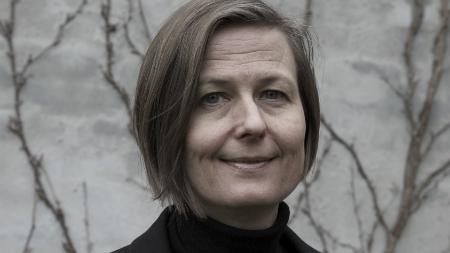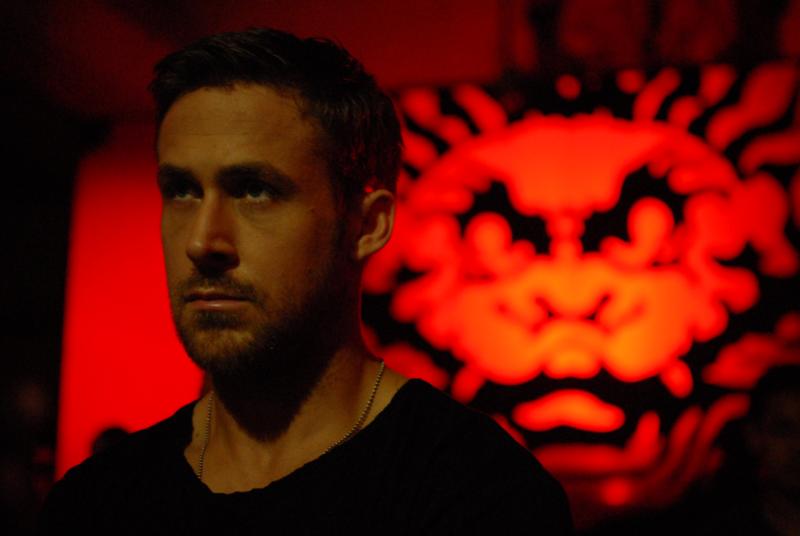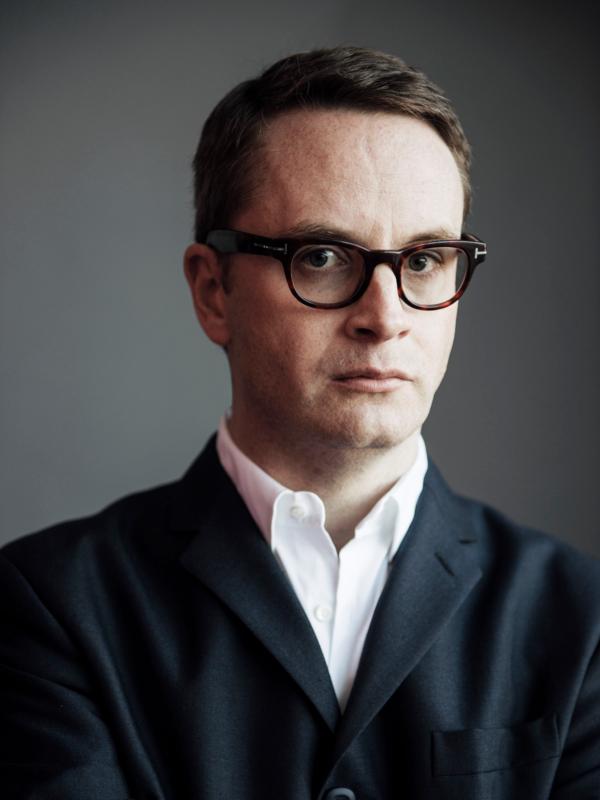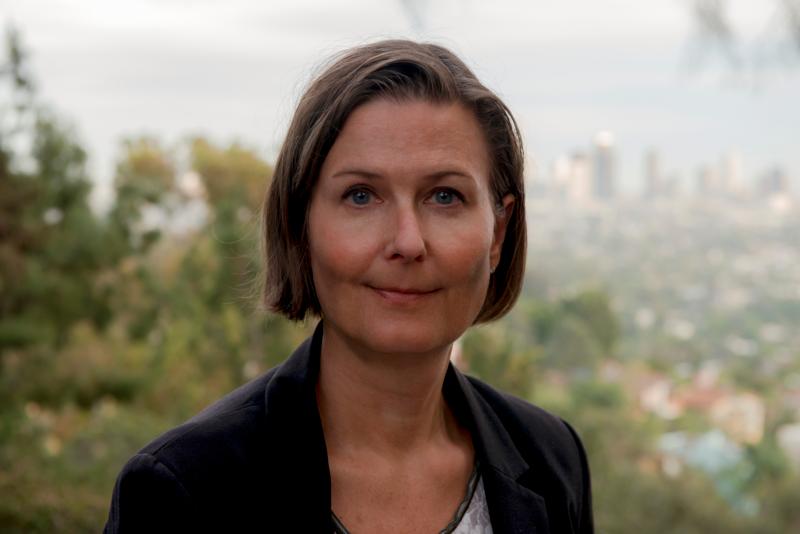Lene Børglum has a full plate. The Danish producer of Refn's "Only God Forgives", a gangster film set in Bangkok, is busy with the final preparations before this year's Cannes Film Festival, where the film is in the main competition. Her company, Space Rocket Nation, has a permanent staff of one: Børglum herself.
"What was planned to be low budget, handheld, with no stars, in Bangkok, grew into a film with an A-cast and an ultra-stylized cinematic vocabulary" – Lene Børglum
"You're always busy when you're a one-man company and things start happening," she says, laughing.
This is where Børglum's 25-plus years in the business come in handy. She started her film career in the mid-1980s after graduating from Copenhagen Business School. Working first as a producer at the Danish Film Workshop, in 1992 she was hired by start-up Zentropa, a company she helped build over the next many years and eventually became a co-owner of. Running Zentropa's legal department, she helped put together the complex international financing for films by Lars von Trier and others.
Later, Børglum was executive producer of a number of films, including von Trier's "Dogville" (2003), "Manderlay" (2005) and "The Boss of it All" (2006). After leaving Zentropa in 2007, she was executive producer of Lukas Moodysson's "Mammoth" (2009) and produced Refn's "Valhalla Rising" (2009). Then in 2008, with Refn, she founded Space Rocket Nation, the company that is now bringing us Refn's Cannes competitor "Only God Forgives".
"Only God Forgives" is Danish produced and directed and shot in Bangkok with a British, American and Thai cast. Was it a tough job?
"A lot of things have to be lined up and a lot of things can go wrong. But making 'Only God Forgives' was a pleasure in all sorts of ways."
"From the outset, the film was envisioned as a low-budget project, where we would make a quickie in Bangkok – handheld camera, no stars, pedal to the metal. After Cannes, when Jang (Refn's nickname, ed.) won the Best Director Award for 'Drive', Ryan offered to play the lead in 'Only God Forgives', even though it had an entirely different kind of budget. We had financed the film at the time, but the expectations of what Jang was going to do next, grew exponentially."
"What was planned to be low budget, handheld, with no stars, in Bangkok, grew into a film with an A-cast and an ultra-stylized cinematic vocabulary, which is at the other end of the scale budget-wise – for the same budget. It was a huge challenge and we pushed ourselves to the max to do what we said we were going to do, or do something that was even better than what we said we were going to do. We won't avoid comparisons to Jang's recent films."
What's the most important experience you're taking away from the production of "Only God Forgives"?
"We couldn't do it again in the same way, with the same budget and the same challenges, because we used up so many favours along the way. We have spent our quota. But Jang and I have both made low-budget films before. We take pride in it, and we think it's fun and useful."
What's it like to work with Refn?
"It's a pleasure. We never disagreed about where to raise the stakes or where to make hard cuts. It's about prioritising and prioritising hard, when you have to deliver more than is in the budget, and we were good at that. And it's about being able to raise the level of ambition together."
And what was it like to work with Ryan Gosling?
"There's a lot of attention around Ryan Gosling, and having to keep gawkers away when we were filming was a little bit difficult. But he has a relationship with Jang that's a lot like Jang's relationship with Mads Mikkelsen. They are symbiotic and Gosling believes he gets something out of it artistically. So the collaboration was marked by joy and a shared interest in making the film as good as possible."
Read interview with director Nicolas Winding Refn: "Between Heaven and Hell".



